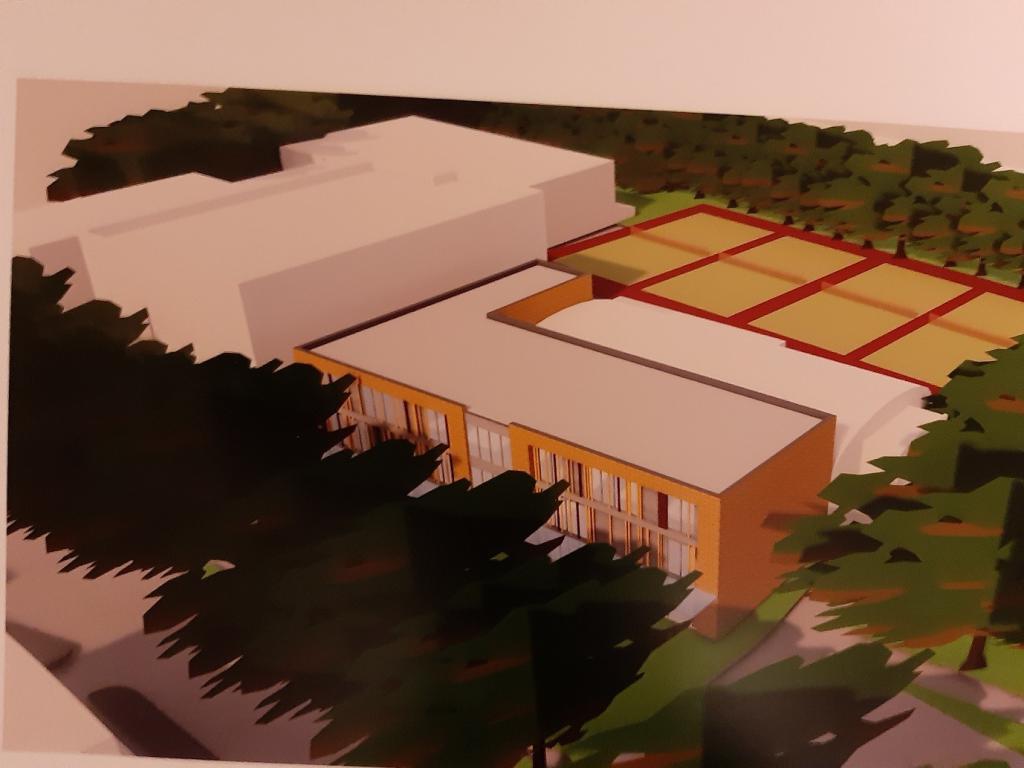St Michael’s Catholic Grammar School in Finchley has been selected by the Department for Education (DfE) to receive funding from the Selective School Expansion Fund to expand the school.
The expansion will allow the school to increase the number of planned admissions from 96 to 128, with the additional 32 places created reserved for Pupil Premium students. In due course at least 25% of their students will be from deprived backgrounds.
Under the scheme, the DfE will fund new classrooms and a larger canteen. The hall will also be renovated and a mezzanine floor added to enable whole-school Masses and assemblies to continue.
St Michael’s was founded by the Sisters of the Poor Child Jesus, whose mission was to serve the needs of poor children. This bid to expand the school was successful because of the school governors’ commitment to increasing the number of students who are in receipt of the Pupil Premium. The expansion, therefore, is an opportunity to continue the original mission of the Sisters who founded the school.
Pupil Premium students at St Michael's perform at an outstanding level. In 2017 they gained a Progress-8 score of +0.76 (i.e. they gained GCSE grades 0.76 of a grade higher than students nationally for the same ability). This excellent performance ranked St Michael's best out of all schools in the London Borough of Barnet for Pupil Premium results.
St Michael's is one of the nation’s most successful state schools, being ranked 13th in the country by The Sunday Times.
Headteacher Michael Stimpson explains: ‘Education at St Michael's is not just about exam results; it is about enabling students to move to the next stage of their life and equipping them with the skills required to put to good use the gifts they have been given. Expanding the school will provide more students with the opportunities already enjoyed by current students, and thus enable the school to make a greater contribution to the national ambition of accelerating the social mobility of young people in our society.’




